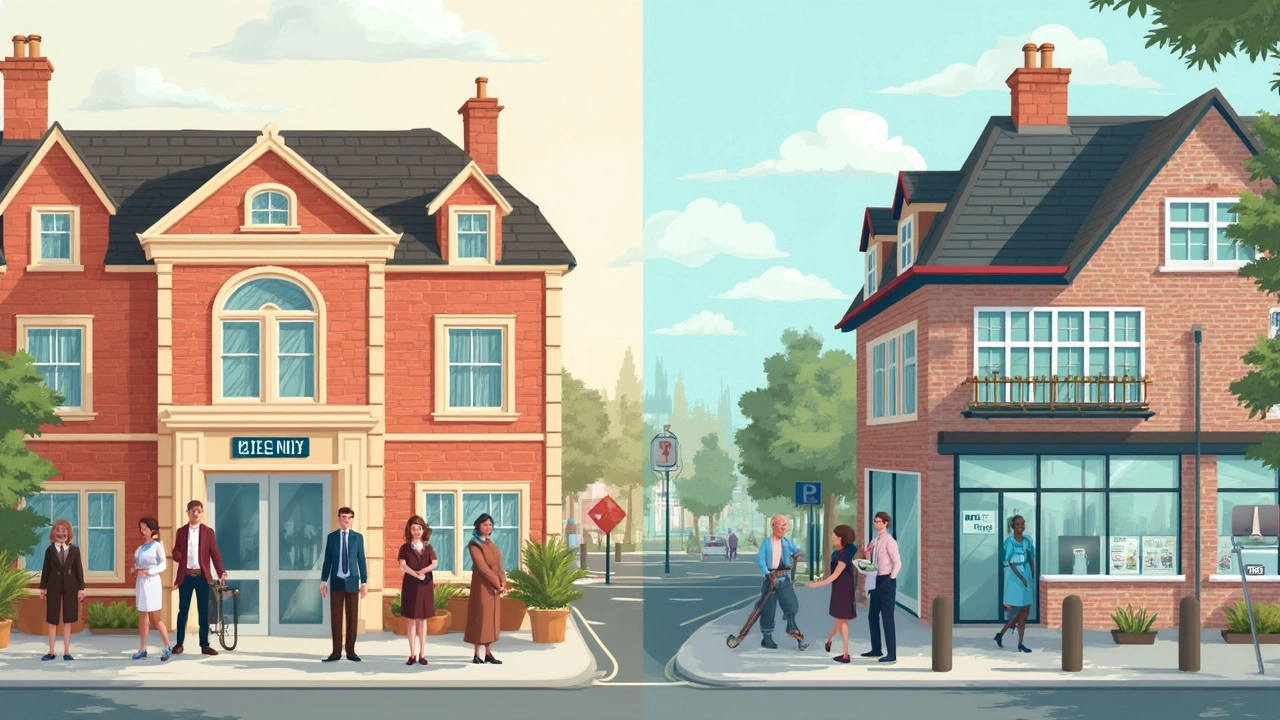Public Healthcare in the UK – What You Need to Know
If you live in the UK or are planning a visit, you’ll hear a lot about the NHS and the idea of "free" healthcare. The reality is a mix of truly free services, small charges, and a system funded by taxes. Knowing the basics helps you avoid surprise bills and get the care you need.
What the NHS Covers for Free
The NHS provides most essential services at no direct cost. This includes visits to a GP, emergency care, most hospital treatments, and vaccinations. If you need a referral to a specialist, the GP will arrange it and the NHS pays for the appointment. You also get free mental health support, maternity care, and childhood vaccinations.
Where You Might Pay Something
Not everything is completely free. Prescriptions cost £9.35 in England, though they’re free in Scotland, Wales and Northern Ireland. Some dental work, eye tests and glasses have charges unless you qualify for exemptions. If you’re a student, pregnant, or have certain medical conditions, you may get free prescriptions.
Another hidden cost can be private appointments. Some people choose private clinics for faster access or specific treatments not offered by the NHS. Those visits are paid out‑of‑pocket or through private insurance.
For visitors, the NHS will treat emergencies, but routine care often requires private insurance or payment. It’s worth checking your travel insurance before you go.
How the NHS Is Funded
Funding comes from general tax revenues and National Insurance contributions. That’s why you don’t see a monthly premium like in many private plans. The government allocates money each year, and the amount can change with the budget. When demand rises, you might notice longer wait times for non‑urgent procedures.
Tips to Make the Most of Public Healthcare
1. Register with a local GP as soon as you move. Your GP is the gateway to most services.
2. Use the NHS website or the NHS app to book appointments, order repeat prescriptions, and check waiting times.
3. Ask about exemptions before you pay for prescriptions or dental work. You may qualify based on age, income, or medical condition.
4. If you need a specialist quickly, ask your GP about referral options or whether a private appointment makes sense for you.
5. Keep an eye on your National Insurance record. It influences your eligibility for some benefits and services.
Understanding what’s free and where charges apply lets you plan your health budget better. Public healthcare in the UK aims to be accessible, but a few small costs and waiting times are part of the picture. Use the tips above to stay informed and get the care you need without unexpected fees.
Remember, the NHS is there for emergencies and essential care. For non‑urgent needs, consider whether a private route could save time or money. Knowing the differences helps you choose the right path for your health.

Private vs Public Healthcare: Key Differences, Benefits, and Costs Explained
Private and public healthcare systems work very differently. Learn about their costs, accessibility, and pros and cons with clear, simple facts and tips.
Categories: Health and Wellness
0
